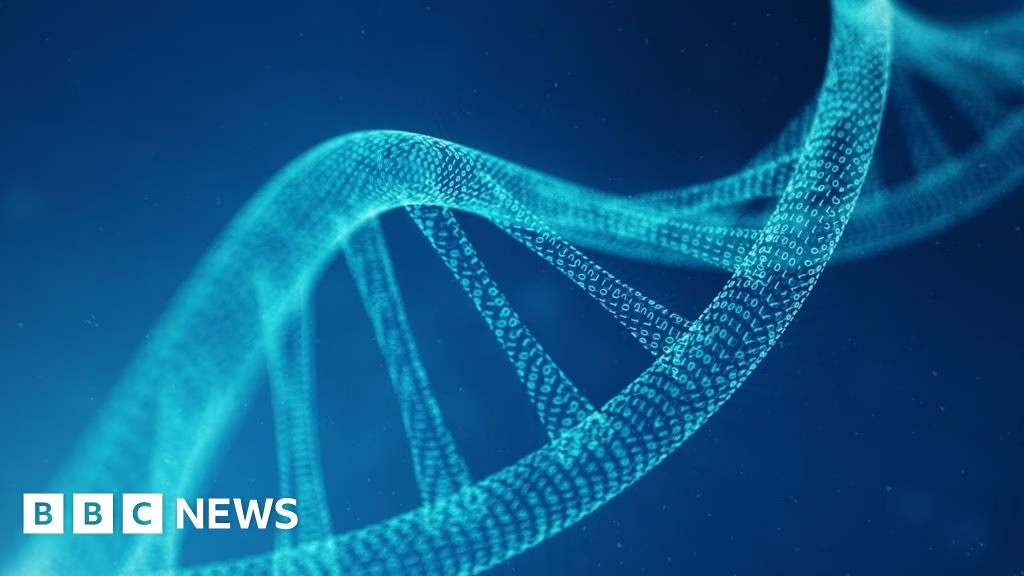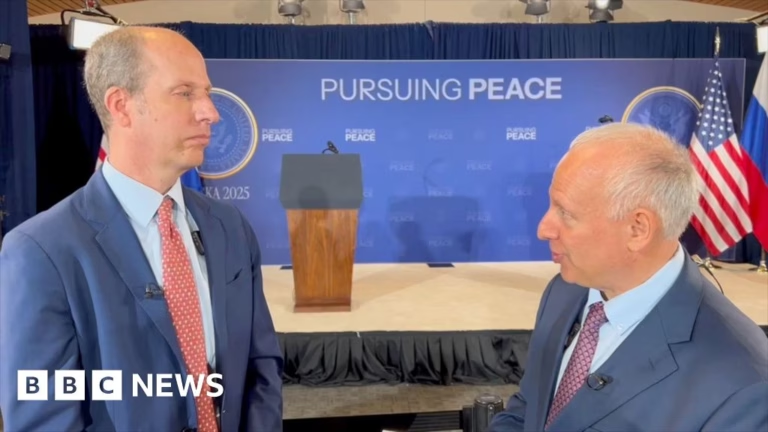Science Videographer
Research has commenced on a controversial project aimed at creating the fundamental components of human life from scratch, marking what is believed to be a world first endeavor. This research, long considered taboo due to worries about the potential for designer babies or unforeseen alterations in future generations, has now received an initial funding of £10m from the Wellcome Trust, the world’s largest medical charity. The Trust believes that this project holds the potential to do more good than harm by accelerating the development of treatments for many incurable diseases.
Dr. Julian Sale, from the MRC Laboratory of Molecular Biology in Cambridge and part of this project, told BBC News that this research represents a giant leap forward in biology.
“The possibilities are limitless. We are looking at developing therapies that will improve people’s lives as they age, leading to healthier aging with fewer diseases. Our goal is to use this approach to create disease-resistant cells that can be used to repopulate damaged organs, such as the liver, heart, and even the immune system,” he said.
However, critics are concerned that this research could pave the way for unscrupulous scientists seeking to create enhanced or genetically modified humans.
Getty Images
Every cell in our body contains DNA, the molecule that carries the genetic instructions essential for our existence. DNA is constructed from four smaller units referred to as A, G, C, and T, which are arranged in various combinations. This molecule holds all the genetic information that defines us physically.
The Human Genome Project allowed scientists to read all human genes like a barcode. The newly initiated Synthetic Human Genome Project aims to take this a step further by enabling researchers not just to read DNA sequences but to create parts of these sequences, and one day theoretically all of it, directly from scratch.
BBC News
The scientists’ first objective is to develop methods for building increasingly larger blocks of human DNA, with the end goal of synthetically constructing a complete human chromosome. These chromosomes contain the genes that govern our development, repair, and maintenance.
These advancements will enable the study and experimentation on how genes and DNA regulate our bodies. Many diseases result from gene malfunctions, and thus these studies could lead to improved treatments, according to Prof. Matthew Hurles, director of the Wellcome Sanger Institute, which sequenced the largest portion of the Human Genome.
“Building DNA from scratch allows us to test how DNA really works and to test new theories, since currently, we can only do that by modifying existing DNA in living systems,”
BBC News
The project’s work will be limited to test tubes and dishes, with no attempt to create synthetic life. However, the technology will provide researchers with unprecedented control over human living systems. While the project is focused on medical benefits, there is a possibility of misuse by unscrupulous scientists. Consequences could include the creation of biological weapons, enhanced humans, or even creations that have human DNA, as highlighted by Prof. Bill Earnshaw, an esteemed genetic scientist at Edinburgh University known for designing a method for creating artificial human chromosomes.
“The genie is out of the bottle,” he told BBC News. “We could have restrictions now, but if an organization with access to the necessary machinery decides to synthesize anything, I don’t think we could stop them.”
Ms. Thomas is concerned about the commercialization of this technology by healthcare companies developing treatments emerging from the research, raising questions about ownership and data privacy when creating synthetic body parts or even synthetic humans.







